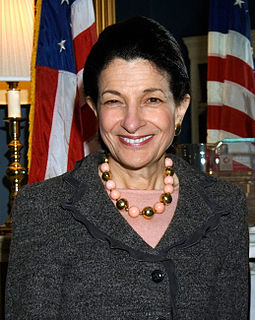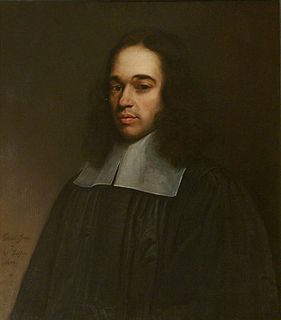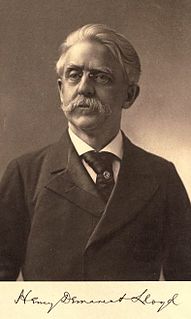A Quote by Victor de Riqueti, marquis de Mirabeau
Religion is no more national than conscience.
Quote Topics
Related Quotes
The one eternal religion is applied to the opinions of various minds and various races. There never was my religion or yours, my national religion or your national religion; there never existed many religions, there is only the one. One infinite religion existed all through eternity and will ever exist, and this religion is expressing itself in various countries in various ways.
Waiving the rights of conscience, not included in the surrender implied by the social state, & more or less invaded by all Religious establishments, the simple question to be decided, is whether a support of the best & purest religion, the Christian religion itself ought not, so far at least as pecuniary means are involved, to be provided for by the Government, rather than be left to the voluntary provisions of those who profess it.
The objections to religion are of two sorts - intellectual and moral. The intellectual objection is that there is no reason to suppose any religion true; the moral objection is that religious precepts date from a time when men were more cruel than they are and therefore tend to perpetuate inhumanities which the moral conscience of the age would otherwise outgrow.
But that's always the way; it don't make no difference whether you do right or wrong, a person's conscience ain't got no sense, and just goes for him anyway. If I had a yaller dog that didn't know no more than a person's conscience does I would pison him. It takes up more room than all the rest of a person's insides, and yet ain't no good, nohow.
Is the appointment of Chaplains to the two Houses of Congress consistent with the Constitution, and with the pure principle of religious freedom? In strictness the answer on both points must be in the negative. The Constitution of the U. S. forbids everything like an establishment of a national religion. The law appointing Chaplains establishes a religious worship for the national representatives, to be performed by Ministers of religion, elected by a majority of them, and these are to be paid out of the national taxes. Does this not involve the principle of a national establishment ... ?
We are driven to confess that we actually care more for religion than we do for religious theories and ideas: and in merely making that distinction between religion and its doctrine-elements, have we not already relegated the latter to an external and subordinate position? Have we not asserted that "religion itself" has some other essence or constitution than mere idea or thought?




































